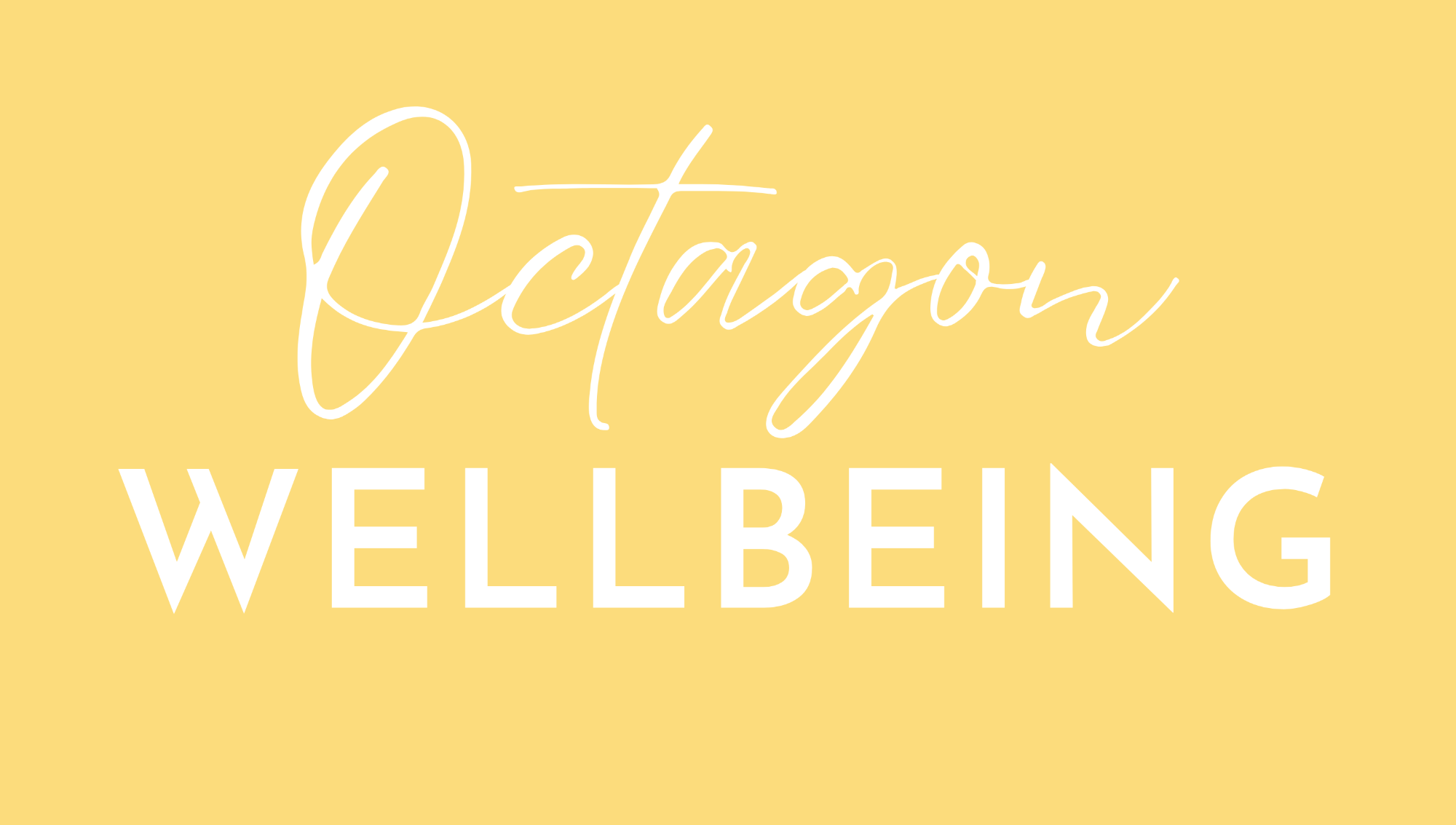Do you know the signs and symptoms of anxiety?
Posted on
Anxiety is a normal and natural response to stress and danger that is characterized by feelings of nervousness, fear, and apprehension. It is an emotion that is often also accompanied by physical sensations such as sweating, increased heart rate, and rapid breathing. Anxiety can be a normal response to stress, but if it becomes excessive or persistent, it can interfere with daily activities and negatively impact your quality of life. So if anxiety is a normal human experience how do we tell the difference between a normal level of anxiety and when we may need to seek support to manage it?
Signs and symptoms of anxiety
Excessive worry or fear: People with problematic anxiety often experience persistent and excessive worry or fear about everyday situations or events. It is often characterised by jumping to worst-case-scenarios or a level of fear that is significantly greater and therefore disproportionate to any actual rational risks.
Restlessness or feeling on edge: Anxiety can cause a sense of restlessness or feeling on edge that can be difficult to shake.
Difficulty concentrating: Anxiety can make it difficult to concentrate or focus on tasks, which can affect work or school performance.
Muscle tension: Anxiety can cause physical symptoms such as muscle tension, which can lead to headaches, back pain, or other physical discomfort. Often we're unaware we're holding this tension in our muscles, other than perhaps feeling over tired, until we actually look for it.
Sleep disturbances: Anxiety can interfere with sleep, making it difficult to fall asleep or stay asleep, resulting in fatigue or exhaustion
Irritability: Anxiety can make you irritable or snappy with people, sometimes because you are on edge or perhaps because they don’t understand how your anxieties are impactingyou.
Changes in appetite.



